- How Much Weight Can You Realistically Lose in 3 Months? - January 14, 2024
- How To Lose 1kg a Week (Guaranteed) - August 20, 2023
- How To Count Calories (or Estimate) and Stay on Track When Eating Out at Restaurants - July 25, 2023
TL;DR.
You may be eating ‘healthy’, exercising and thinking that you’re doing everything right but unless you’re in a ‘calorie deficit’ (expending more calories than you take in) over a long period of time, you won’t lose weight.
WHAT DOES EATING HEALTHY MEAN?
Unfortunately, there’s no objective definition of what ‘healthy’ is.
To many people ‘eating healthy’ simply means avoiding eating ‘junk’ food – again there’s no accepted definition of what is and isn’t junk food, but most people seem to categorise junk food as either;
Heavily Processed Food
Most people see heavily processed foods could be anything from ‘processed’ meat like sliced ham, tinned foods like soup or fast food like burgers and pizzas.
The truth is, almost every type of food you buy in a supermarket, corner shop, restaurant or fast food joint will be processed in some way.
Processing can take many forms – heat treatment (e.g. pasteurized milk), mechanical processing (e.g. picking and chopping) and chemical (e.g. adding preservatives) – none of this can really be avoided unless you grow your own vegetables and rear your own livestock – even then, picking cabbage out the ground or chopping meat are technically mechanical processing techniques.
So, processing is not inherently ‘bad’ or ‘unhealthy’, and even if it was, it can’t be avoided anyway.
High Calorie Food
There also seems to be a close relationship between ‘unhealthy’ and ‘high calorie’ in most people’s minds.
If you asked 100 people on the street ‘is pizza healthy’, the vast majority would say ‘no’ – probably because pizza is generally thought to be high in calories (which, most of the time, it is), but if you consider the basic ingredients and whether or not they’re healthy (i.e. if they contain micronutrients beneficial to health), then the answer is objectively, yes.
So if ‘junk’ food isn’t all that bad, what is healthy?
In my opinion, there’s no such thing as health or unhealthy foods, only healthy or unhealthy diets
So What’s a healthy diet?
A healthy diet is one that you can stick to, one that you enjoy, one that contains a balanced mixture of all the key macronutrients, i.e. protein, carbohydrates and fat AND a mixture of micronutrients, i.e. vitamins and minerals.
Generally, that means a diet that predominantly consists of fresh meat and fish (both lean and fatty), a wide variety of fruits and vegetables, starchy carbohydrates like rice, pasta and bread, and fats like olive oil, nuts and avocado. The key word here however is ‘predominantly’ you can eat what most people might call ‘junk’ (burgers, pizzas, chips, donuts, icecream) and STILL have a healthy diet.
Easier said than done, but here’s the clincher…
You could have the healthiest diet in the world, but if you eat more calories than you expend over a long period of time (aka, a calorie surplus), you’d STILL gain weight.
So what’s the solution?
Create a deficit.
WHAT IS A CALORIE DEFICIT?
A Calorie deficit is a state where you’re expending (burning) more calories than you eat on a daily basis.
Let’s say you expend 2500 calories in a day, but you eat 3000 – that means you’re in a calorie surplus of 500.
A calorie surplus can occur over the space of a day, week, month or year.
One pound of fat is roughly equal to 3500 calories, which means that if you were to overeat by 500 calories seven times in a week (or month, or year), you’d gain a pound of body fat – regardless of how ‘healthy’ your diet is.
‘HEALTHY’ FOODS THAT ARE HIGH IN CALORIES
To illustrate how foods traditionally ‘considered to be ‘healthy’ could in fact be the opposite due to their calorie content, let’s look at the calories per gram for some of these essential ‘superfoods’ (superfoods don’t exist by the way);
| FOOD | CALORIES PER GRAM |
| OLIVE OIL | 8.84 |
| CASHEW NUTS | 5.53 |
| SALMON | 2.08 |
| EGG | 1.55 |
| AVOCADO | 0.48 |
Am I saying you shouldn’t have these foods in your diet?
Absolutely not – they all contain beneficial macro and micronutrients – Salmon for example is high in Omega 3 fatty acids BUT because of the high calorie content; eating a lot of it can mean you put on weight if you’re in a calorie surplus.
If you get to the point where your weight causes health risk – then your diet is NOT healthy, regardless of how much Wild Atlantic Salmon you eat.
‘UNHEALTHY’ FOODS THAT ARE LOW IN CALORIES
Conversely, there are plenty of foods out that many would deem ‘unhealthy’ that actually have a relatively low calorie content, for example
| FOOD | CALORIES PER GRAM |
| DIET COKE | 0 |
| SLICED HAM | 1.07 |
| BREAD | 2.65 |
| HARIBO | 3.46 |
| FROSTIES | 3.75 |
While most of the these foods aren’t necessarily rich in vitamins and minerals, they certainly not harmful to health, and providing you’re not in a calorie surplus, eating them WON’T make you gain weight.
Here’s the same data, but presented in a more visual way for those of you that just like looking at the pictures;
SO, WHY ARE YOU NOT IN A CALORIE DEFICIT?
Of course, being in a calorie deficit is easier said than done.
The most surefire way to be in a calorie deficit is to start counting calories in an app like MyFitnessPal.
Now, you don’t HAVE to count your calories to lose weight (but you do need to be in a deficit), so what are some the behaviours you might be exhibiting;
- You overeat at the weekend
You might be in a calorie deficit from Monday to Friday – but overeating at the weekend in the form of a big takeaway, lots of drinks, or constant snacking in front of Netflix (or all three) can easily put you back into a surplus.
Tragically, weekend calories DO count, and this is where many people come off the rails.
Find a way of enjoying your weekend that doesn mean binging from Saturday Morning to Sunday night.
- You aren;t tracking your calories
Tracking calories can be a pain, especially when you start out, and especially if you cook meals for lots of people that contain lots of ingredients
BUT
Counting calories for a period of time will educate you more about nutrition than any £50 Groupon Course or Instagram influencer ever could.
Having your calories in black and white staring up at you from your phone will make you more likely to stick to them.
If you measure it you manage it.
- You aren’t Eating Mindfully
You don’t HAVE to track calories, but if you don’t, you WILL need to be very mindful about the way you eat.
This means not eating ad libitum from a share bag of crisps in front of the TV.
Portion out foods.
If you can’t resist snacks in the cupboards – don’t buy them in the first place.
Ensure you’re only eating when you’re hungry, not just because you’re bored.
- You aren’t eating filling foods
One of the best ways to prevent yourself from eating too much is to ensure the foods you do eat are filling.
The satiety index below shows which are some of the most filling foods – prioritise lean meats, veg, fruit and starchy carbs.
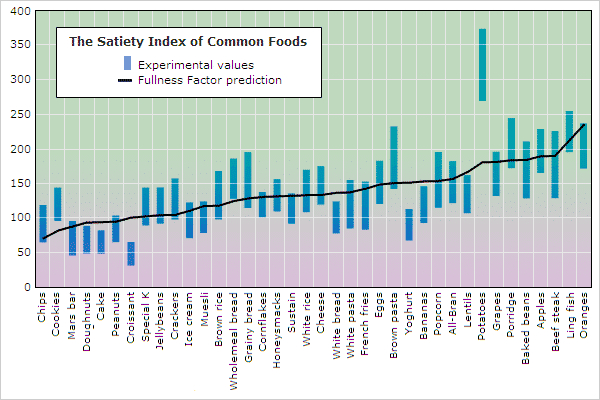
If you ensure you’re filling yourself up with low(ish) calorie, nutrient-dense foods, the temptation to snack on higher-calorie, less filling foods will be minimised.
- You aren’t eating enough protein
Following on from the previous point – high protein food is inherently staining, but crucially, digesting protein requires more energy than digesting carbs or fat.
This means that, the higher the proportion of protein in your diet, the most calories you’ll burn simply through digestion.
- You’re not exercising
An obvious one; exercise can burn an additional 100-500 calories per day (depending on what you do) on top of the calories you burn simply existing.
If you’re currently maintaining your weight, not exercising and change nothing about your diet – burning 500 calories per day through exercise could mean you lose 1lb per week.
This doesn’t need to be intense exercise, it could just be walking.
- You’re eating TOO healthy
Stick with me – If you decide you’re going to start eating lots more of the perceived ‘healthy’ foods listed above – you could easily unintentionally increase your calorie intake.
Eating healthier food is a great thing to do, but the fact remains – if you eat too many calories, you’ll gain weight.
Salmon, nuts, oils and avocados are all fanbatsic foods that should be part of diet, but they are high in calories – the fact that they’re heathy doesn’t compensate for that.
SUMMARY
A healthy diet (i.e. one that’s rich in micronutrients) does not necessarily mean a diet that’ll help you lose weight.
Regardless of WHAT you eat, HOW MUCH you eat (from a calorie perspective) will dictate whether you gain, maintain or lose weight.
You could eat the healthiest diet in the world, but if you’re overweight, you’re not heathy.
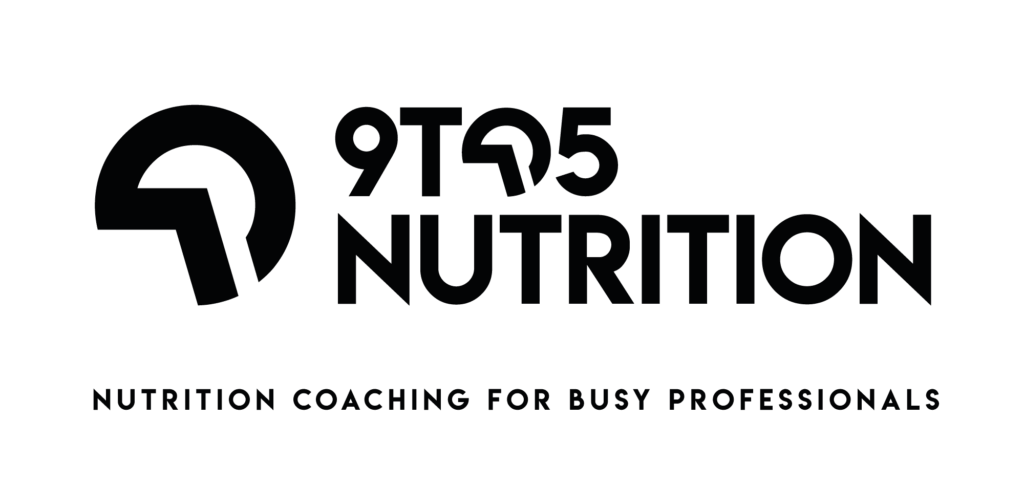
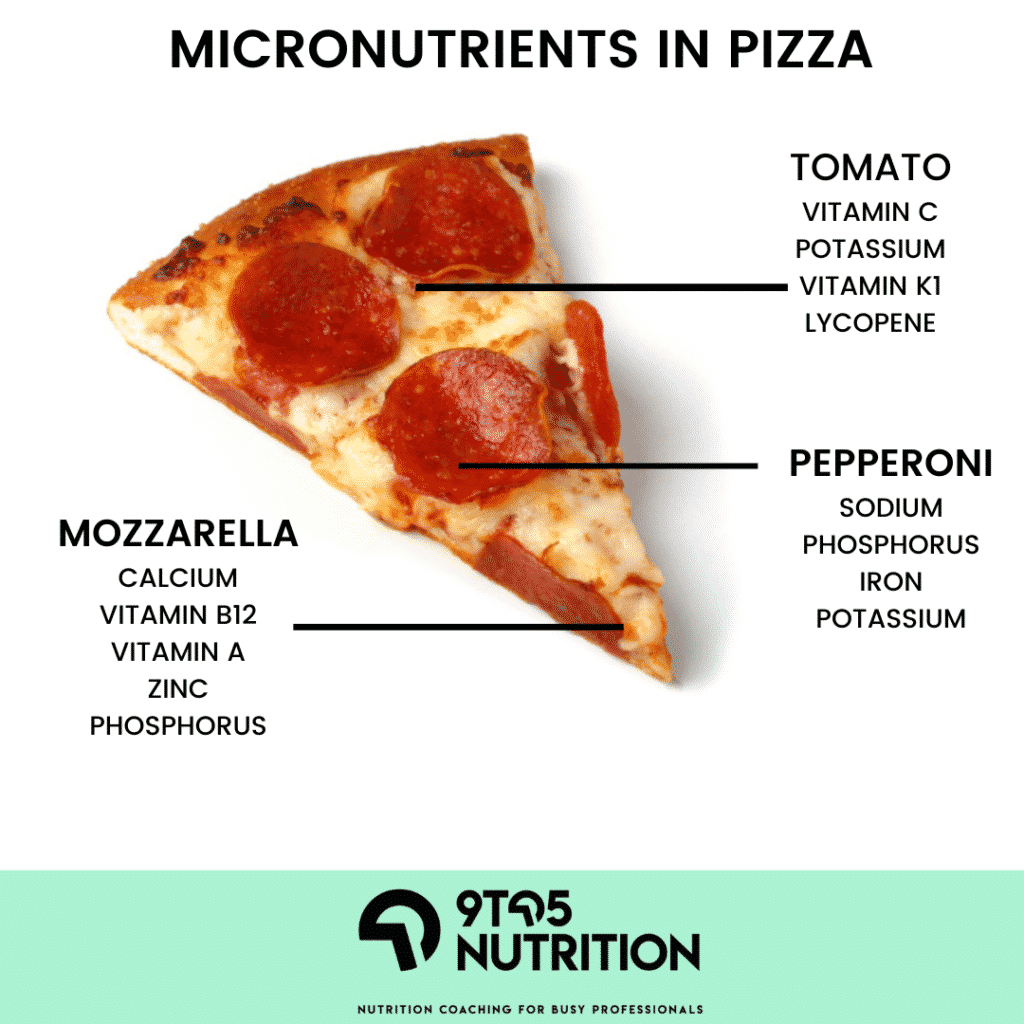
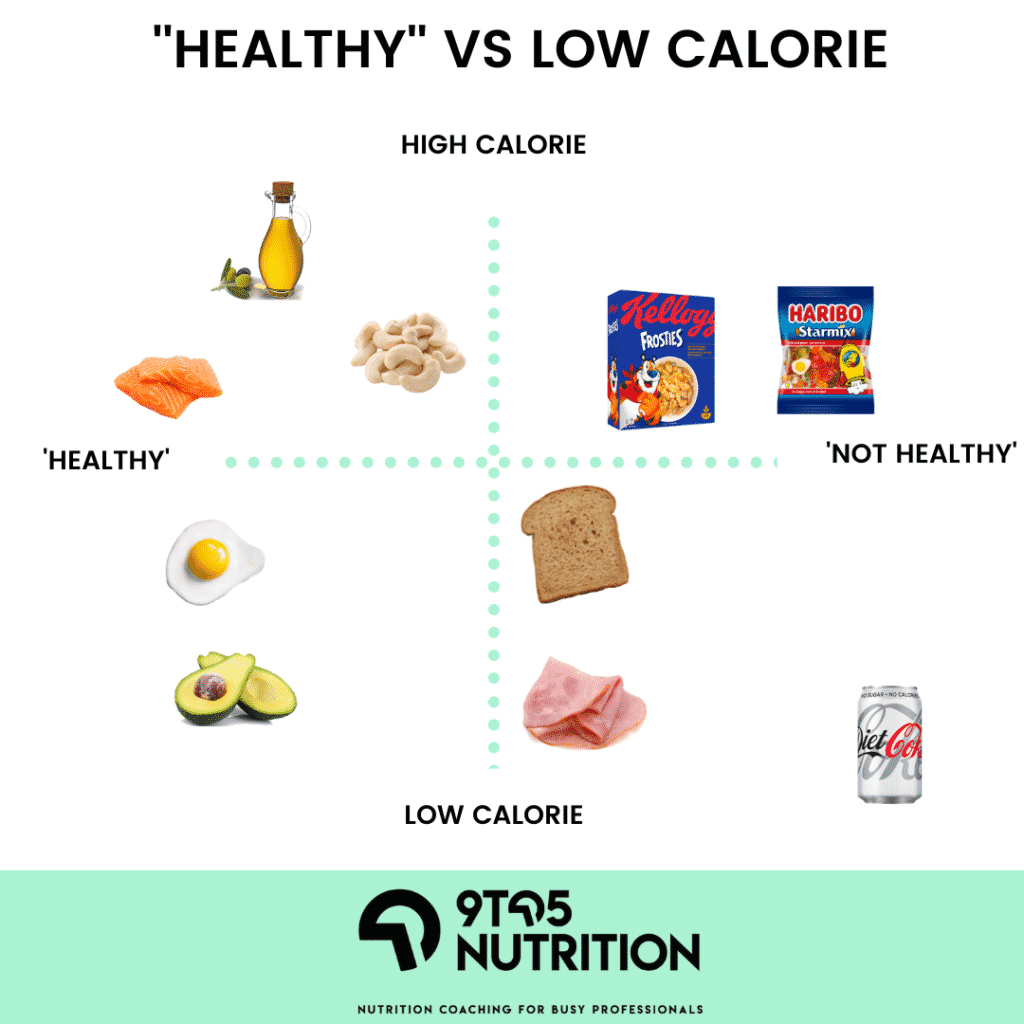
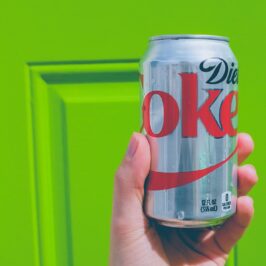
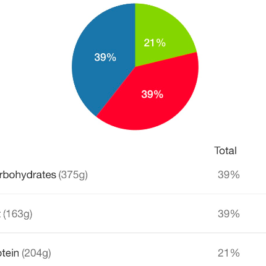
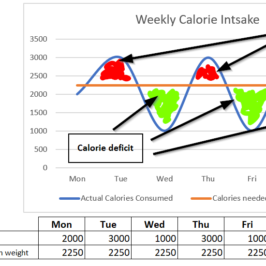
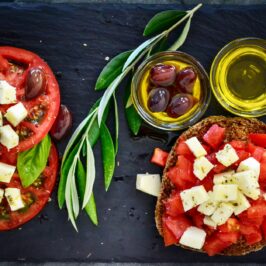
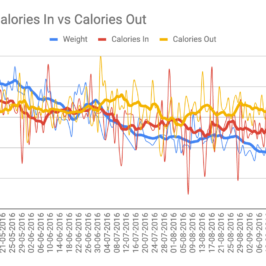
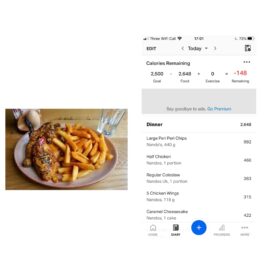
Leave a Reply